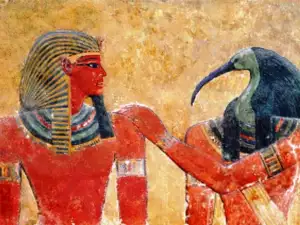January is the 1st month of the year. It is accompanied by cold weather, post-holiday depression and an absolute unwillingness to work. It is also notorious for another thing - January is the month of breakups.
Many legends exist about the month of January. Here are some of the most interesting:
- Wolfmonth - this was what the Anglo-Saxons called January. The reason being was that during the 1st month of the year, wolves would come into their settlements and wander in search of food.
- According to the International Organization for Standardization (ISO) 8601, the 1st week of the year, no matter the year, is always the one that includes January 4th.
- 2 other things are typical of January. The flower of the month is the carnation and the zodiac stone is granite.
- The 1st documented January Clearance Sale was in 1865 in Great Britain.

- In England they cultivate a special variety of cabbage that can withstand even the coldest temperatures. It is known by the name January King Cabbage.
- A shocking study shows that the highest number of couples break up or divorce in the month of January, in comparison to any other month of the year, earning it the name Breakup Month.
- Many years ago, the Romans named January after the god Janus - the keeper of every door and gateway. He had 2 faces, allowing him to see in 2 directions at once. According to the Romans, he looked back at the past year with one and forward into the new one with the other.
- The daytime temperatures throughout January are the lowest. This makes it the coldest month of the year in Great Britain. February nights are the coldest in England but not in Scotland, where January is once again the coldest.
- Among the world's classics, only Shakespeare mentions January in his Much Ado About Nothing and The Winter's Tale.
- Up until 713 BC, the ancient Romans had no names for the months of January and February. This was because they didn't believe that those particular months deserved to be named.
Besides January, the month of February also impresses with fascinating facts, even though it is so short. Its name comes from Latin and means purification. During it, they carried out human sacrifices in ancient Rome which they believed would cleanse them of their sins.














